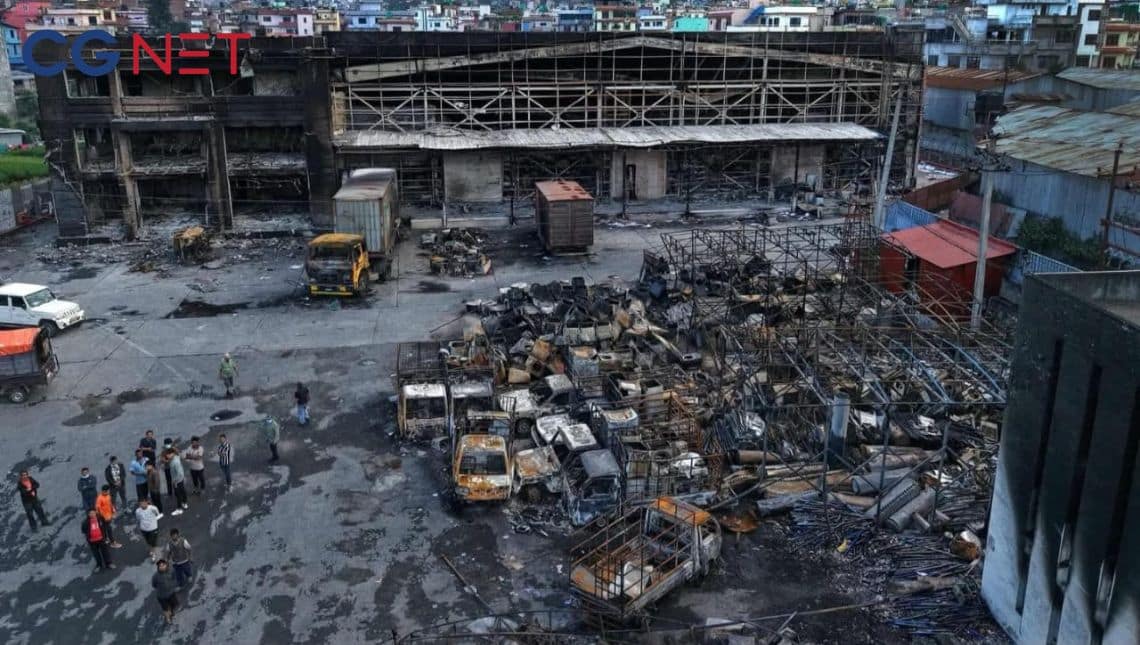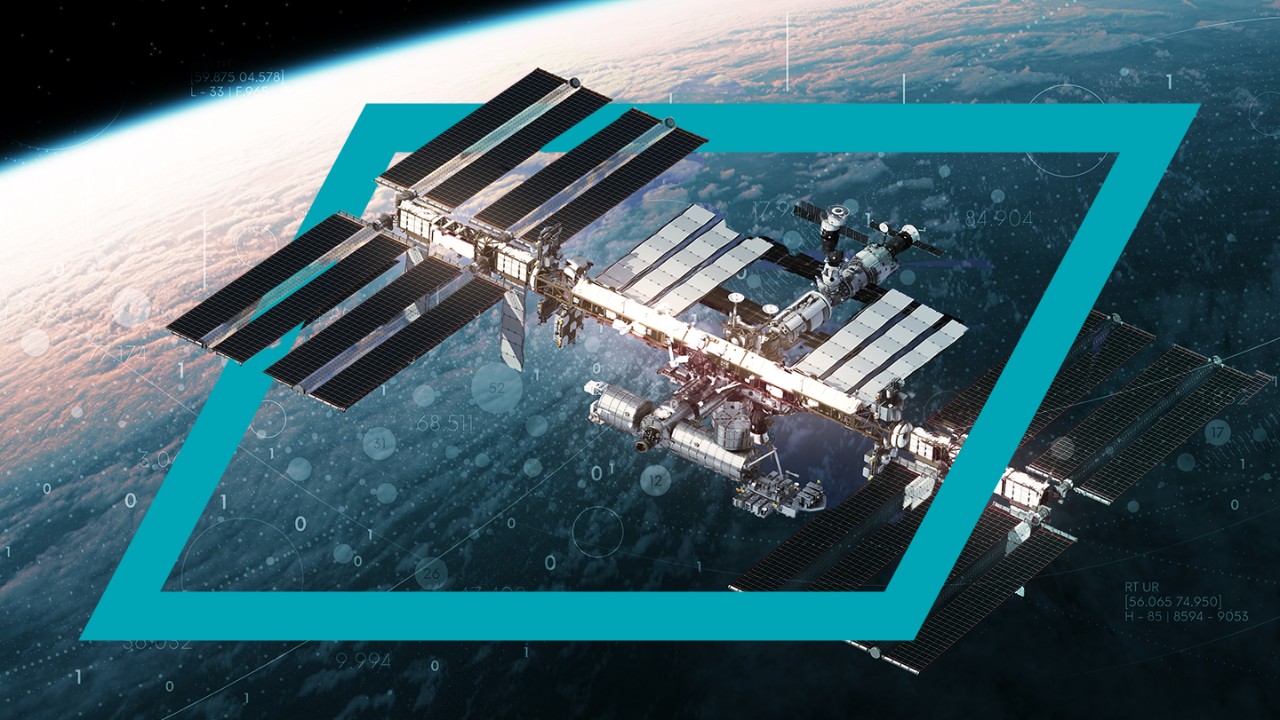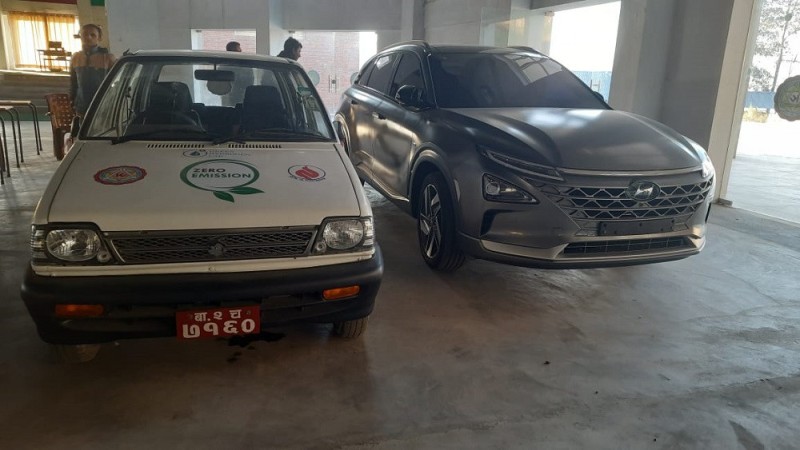Kathmandu-Prime Minister Khadga Prasad Sharma Oli has become the first Nepalese leader to drive a hydrogen fuel-powered vehicle in Nepal. The car, filled with hydrogen at the first-ever hydrogen refueling station established in collaboration with Kathmandu University and Nepal Oil Corporation (NOC), was unveiled on September 14, 2020. However, while the car was demonstrated, it is still awaiting legal permission to operate on public roads.
Hydrogen Fuel Vehicles Await Legal Green Light
Currently, the hydrogen-powered car is being kept in Dhulikhel for study and testing purposes, as it still awaits approval for registration and road use. This delay comes despite ongoing discussions and developments regarding a new law that would allow the import and registration of hydrogen-powered vehicles in Nepal.
The draft legislation, prepared by the Ministry of Physical Infrastructure and Transport, categorizes vehicles based on their fuel type, including petrol, diesel, electric, hybrid, and alternative fuels, with hydrogen-powered vehicles falling under the “alternative fuel” category.
Proposed Law Brings Hope for Hydrogen Vehicles in Nepal
The draft law has been sent to the Ministry of Law after incorporating feedback from stakeholders and the general public. If passed, the law would open the doors for hydrogen fuel vehicles to be imported and sold in Nepal, marking a significant step toward a more sustainable and diversified transportation sector.
Hydrogen Production in Nepal: A Green Alternative
Nepal’s Kathmandu University has made strides in hydrogen production, particularly through its Green Hydrogen Lab. In collaboration with NOC and with British and Swiss support, the lab has successfully demonstrated the process of extracting hydrogen from water using electricity. This hydrogen can potentially serve as an eco-friendly fuel for vehicles.
Dr. Viraj Singh Thapa, the head of the Green Hydrogen Lab, notes that Nepal’s abundant water resources make it an ideal location for producing green hydrogen. This, he claims, could reduce the country’s reliance on imported diesel, decrease pollution, and conserve foreign currency.
Challenges to Commercial Hydrogen Production
Despite these advances, producing hydrogen at a commercial scale remains a challenge. Chhandika Prasad Bhatt, Managing Director of NOC, states that while hydrogen production is technically feasible, it requires significant investment. Dr. Thapa also highlights that while green hydrogen may be more expensive, its long-term benefits as a substitute for fossil fuels are promising.
Safety Concerns and the Need for Strong Regulations
As hydrogen fuel gains traction in Nepal, safety remains a major concern. A recent incident in Pokhara, where a hydrogen-filled balloon exploded, raised alarms about the safety of hydrogen use. Experts, including Achyut Adhikari, General Secretary of the Nepal Chemical Society, stress that hydrogen storage, transportation, and fueling infrastructure must meet high safety standards to prevent accidents.
Moreover, despite hydrogen’s environmental advantages, Adhikari suggests that in a country like Nepal, which already benefits from abundant hydroelectric power, electric vehicles might be a safer and more practical alternative for urban areas.
The Future of Hydrogen Vehicles in Nepal
While hydrogen-powered vehicles offer a potential solution for reducing pollution, Dr. Thapa emphasizes that their introduction must be accompanied by strong regulations to mitigate safety risks. As Nepal moves forward with drafting its hydrogen vehicle legislation, experts agree that clear safety standards and guidelines will be essential to ensure the successful and safe use of hydrogen fuel.






















Comments